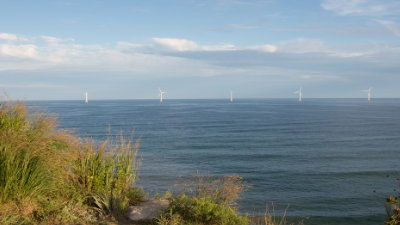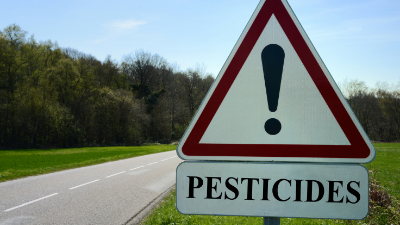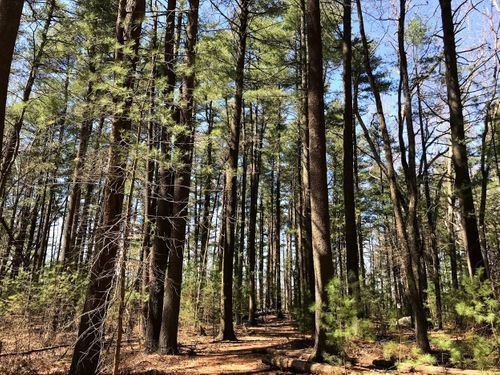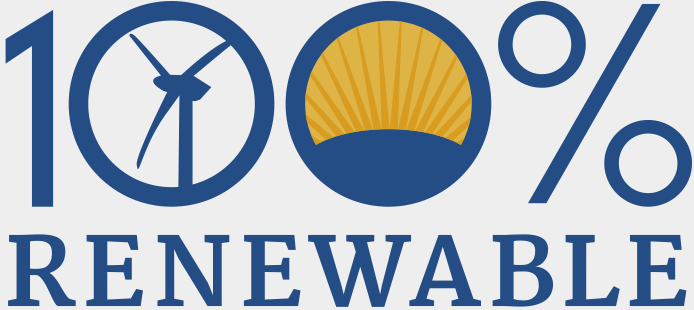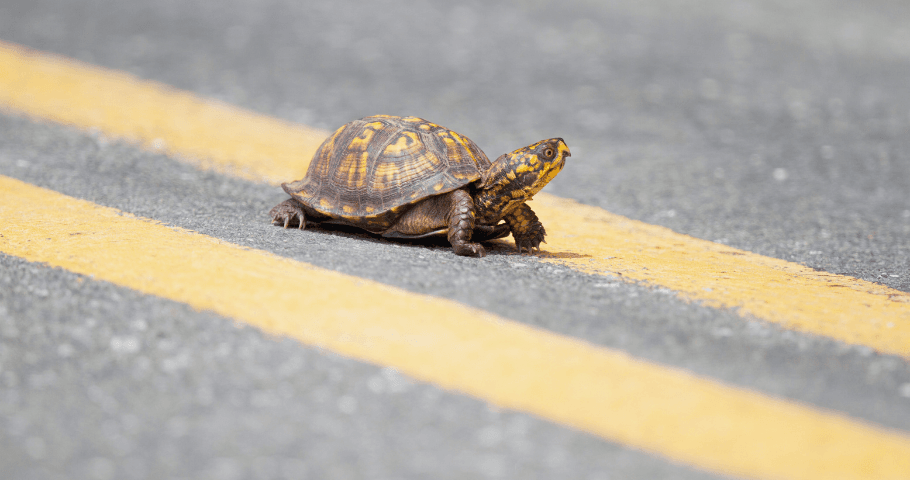
June 2021
The monthly Audubon Eagle Eye Advocacy Updates will provide you with simple actions you can take to help foster a cleaner, healthier planet along with local and national environmental news. Advocacy to protect birds and wildlife is a top Audubon priority and this work goes beyond testifying on their behalf on Smith Hill. Year round, we are working with our community partners and Rhode Island leaders to ensure the environment is a priority. These updates will keep you informed and ready to take action when the legislative session is upon us. As the newsletter continues, we are very interested in your suggestions and questions. Please send them to Audubon Senior Director of Policy Meg Kerr at mkerr@asri.org.
Sign up to get the Audubon Eagle Eye Advocacy Update in your inbox!
-
Check for leaks in faucets, toilets, hoses and pipes – A steady drip can waste up to 20 gallons per day, or 7,000 gallons per year. If you are on public water, you can check for leaks by turning off everything in the house that uses water. Record the reading on your water meter. After an hour, recheck the meter. If the meter reading has changed, you have a leak.
-
Install water conservation fixtures and appliances – Low flow showerheads can reduce water used while showering by 50-75%. Install an aerator on each household faucet. These inexpensive devices result in substantial water savings. Install a low-flow toilet when making renovations.
-
Change your water use habits – Turn off water while brushing teeth and shaving and take shorter showers. Run the dishwasher only when full. When you buy new appliances, buy water-efficient models.
-
Water lawns and gardens properly – Water during cool parts of the day to avoid excess evaporation. Keep your grass 2 -3 inches high. Taller grass retains more moisture. Use a drip irrigation system in your garden to apply water directly to the individual plant root zones. Mulch garden areas to reduce evaporation. Install a rain barrel to catch water flowing off the roof and reuse the water in the garden.
Offshore wind takes a bold step forward
Rhode Island has committed to purchase 400 MW of offshore wind from the proposed Revolution Wind Farm between Montauk, New York and Martha’s Vineyard, Massachusetts. In the fall of 2020, former Governor Raimondo announced a third procurement of up to 600 MW from offshore wind resources. Offshore wind is a critical step towards reaching the targets signed into law by Governor Dan McKee with Act On Climate.
At the Rhode Island State House
We are following the implementation of Act On Climate very closely. If you want to watch government in action, you can join us. The Secretary of State posts open meetings for the Executive Climate Change Coordinating Council (EC4) and for the time being, meetings are held via zoom.
The EC4 has 2 subcommittees – the Advisory Board and the Science and Technical Advisory Board. You can track these committees on the same website.
The 2021 Climate Literacy Act (S-464 / H-5625) requires the Rhode Island Department of Education (RIDE), working with a group of practicing teachers, principals, and superintendents as well as members of the environmental and climate education community, to incorporate climate change into K – 12 classrooms by:
- developing a set of key environmental, climate, and sustainability principles to then be infused into the learning standards in science and social studies;
- disseminating lessons, activities, models, and materials related to the environment, including potential career paths;
- ensuring that all RIDE teacher professional development in science and civics and social studies includes these key principles and concepts;
- establishing a "climate-smart" award program to recognize high-performing schools and a "green apple" award program to recognize K-12 teachers who provide high-quality environmental, climate, and sustainability instruction.
The bill has been held for further study.
Senate Bill No. 464
Sponsored by Senators: Lawson, Euer, Cano, Sosnowski, Murray, Seveney, Miller, Kallman, Quezada, F Lombardi
Introduced to Senate Education Committee, Chair Senator Cano (sen-cano@rilegislature.gov)
House Bill No. 5625
Sponsored by Representatives: Cortvriend, Carson, Ruggiero, Ajello, Kislak, Donovan, Kazarian, Speakman, Ranglin-Vassell, McGaw
Introduced to House Environment Committee, Chair Representative McNarmara (rep-mcnamara@rilegislature.gov)
Action you can take: Email your Senator and Representative and the Chair of the Education committees in both chambers and express your strong support for this bill. If your Senator and/or Representative is a sponsor of the bill, thank them!
Regulating Neonicotinoid Pesticides
Senate: S 702 - Sponsored by Senator Miller
House: H 5641 - Sponsored by Representatives Kislak, Bennett, Kazarian, Speakman, Cortvriend, Carson, and Donovan
All testimony submitted to the House Committee on Environment and Natural Resources is posted online. You can read the testimony in support and opposition here (scroll through the pages to find H 5641). Audubon’s testimony is here.
Action you can take: Let the Senate President (Senator Ruggerio, sen-ruggerio@rilegislature.gov) Speaker of the House (Representative Shekarchi, rep-shekarchi@rilegislature.gov) and your senator and representative know that you are very concerned about neonic pesticides and that you support this bill. You can also send an email to members of the House Environment Committee and Senate Committee on Environment & Agriculture.
Action you can take: Thank the Senate President (Senator Ruggerio, sen-ruggerio@rilegislature.gov) and your senator for supporting the bill. Let the Speaker of the House (Representative Shekarchi, rep-shekarchi@rilegislature.gov) and your representative know that you support this bill and want to see it passed. You can also send an email to members of the House Environment Committee and you can send a note of thanks to the Senate Committee on Environment & Agriculture.
100% Renewable Electricity by 2030
S0629/H5762, sponsored by President Dominick Ruggerio and Rep. Deb Ruggiero, would update Rhode Island’s Renewable Energy Standard (RES) to reach 100% renewable electricity by 2030. The Senate passed their version on June 1st.
The Renewable Energy Standard works. Rhode Island passed one of the first RES policies in the country in 2004, which has helped get us to 20% renewable electricity in 2021. Now, 30 states have a Renewable Energy Standard.
Clean energy is good for the Rhode Island economy. 100% renewable by 2030 is supported by dozens of businesses in Rhode Island as well as the AFL-CIO because of the promise of thousands of well-paying local jobs in solar and wind.
We could be a national leader. President Biden’s administration set a federal goal of 100% clean electricity by 2035—Rhode Island would attract federal investment in the process.
Protect bill-saving energy efficiency programs (S0634/H6144)
RI’s nation-leading energy efficiency programs are slated to expire in 2023 unless they are extended by statute. Sponsored by Sen. Sosnowski and Rep. Ruggiero.
*Passed the Senate on June 1st
Plastic Waste Reduction Act (S0037/H5358)
Sponsored by Sen. Ruggerio/Rep. McEntee, to reduce the use of retail plastic bags.
*Passed in Senate on May 4
“Ask-first” law for plastic straws (S0155/H5131)
Sponsored by Sen. McCaffrey/Rep. Bennett):
*Passed in Senate on May 4
Prohibits the intentional simultaneous release of 10 or more balloons inflated with lighter than air gas (S0038/H5376)
Sponsored by Sen. Sosnowski/Rep. Donovan
*Passed in House on May 4
And we still have bills we are following that have not passed, including:
Regulate toxic PFAS in water (S107/H5523) and packaging (S110/H5356)
PFAS “forever chemicals” are toxic to ecosystems and humans, but these chemicals are found everywhere in RI’s water and food packaging. Once in the environment, they never break down. These bills (Sen. Felag/Rep. Speakman and Sen. Seveney/Rep. Cortvriend) would regulate PFAS levels in water and ban PFAS in packaging.
The TEAM Community Act (S0872/H6310)
Sponsored by Sen. DiMario/Rep. Cortvriend and allows Rhode Island to join the regional Transportation and Climate Initiative, which would reduce transportation emissions and generate $20+ million annually for investment in clean, equitable transportation solutions.
Note to Eagle Eye readers: I am retiring at the end of June. It has been a great pleasure working with all of you to move forward state policies and legislation to protect birds, wildlife and the people of the state. Keep up the good work!
- Meg Kerr


